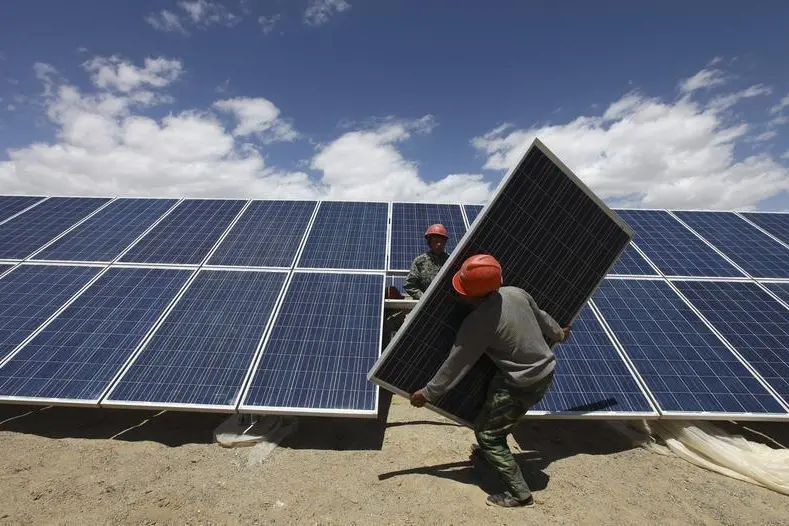The Nigeria Energy Transition Plan presents opportunities for anyone involved in the country’s renewable energy sector, and they have been urged to take advantage of them (ETP).
The accusation was made at the energy access roadshow held in Warri, Delta state, and sponsored by the Foundation for Partnership Initiatives in the Niger Delta (PIND) and the Renewable Energy Association of Nigeria (REAN).
The Nigeria Energy Transition Office estimates that the ETP will generate up to 840,000 employees by 2060 and 340,000 jobs by 2030.
The roadshow which was themed: ‘Driving Energy Transition Through Renewable Energy,’ had about 25 participants including those who virtually participated.
Alfred Ohoh, a representative of the Nigeria Energy Transition office, commented on the opportunities in the sector by saying that the ETP was created to address the twin crises of energy poverty and climate change to achieve the Sustainable Development Goal 7 (SDG 7) by 2030 and net-zero by 2060.
He said Nigeria has over 175 million people without access to clean cooking solutions and 92 million without access to power, reassuring the stakeholders that there is a sizable market for renewable energy.
Read Also: flood-ekiti-cautions-residents-against-building-on-waterways-canals
Dr. Teslim Giwa, Access to Energy Manager for PIND, stated that the foundation is trying to bridge the gap between the majority of Niger Delta coastal villages, which have around 12 million residents, and the national grid.
He said that people were benefitting from the foundation’s Access to Energy interventions as discovered from the “monitoring and evaluation” of the projects carried out.
“We have a lot of data to suggest that livelihoods have been improved throughout these interventions; many of the SMEs have made more money; they have more disposable incomes at the household level and the businesses, the developers are making more money and the biggest testament to that is that they are scaling up without any additional support,” he said.
Expressing optimism that more Niger Delta communities would have been covered in its next phase of work, Giwa disclosed that 955 coastal community businesses and 746 households now have access to clean energy through PIND’s interventions.
Story adapted from The Nation
